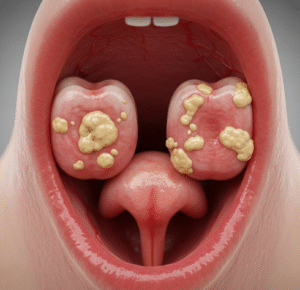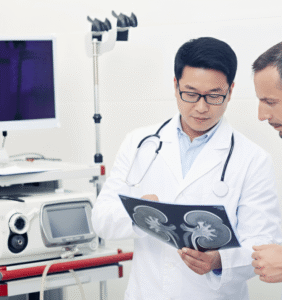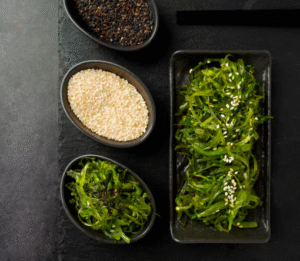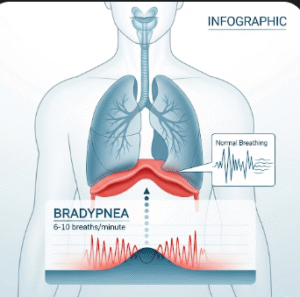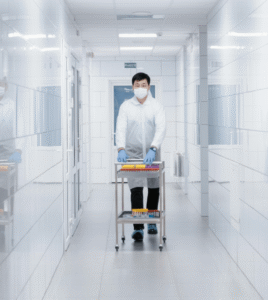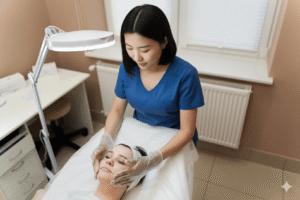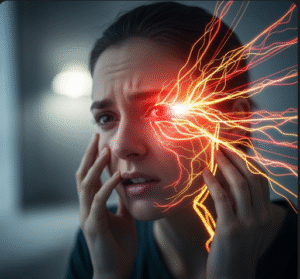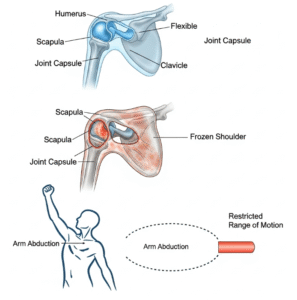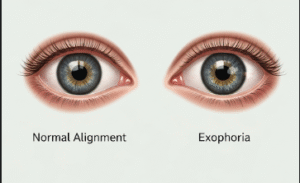Overview
Diverticulosis is a common digestive condition where small pouches called diverticula form in the wall of the colon, usually without causing inflammation. In Korea, gastroenterologists focus on early detection, dietary management, and monitoring to prevent progression to diverticulitis or other complications.
What is Diverticulosis?
Diverticulosis refers to the presence of diverticula in the colon. It is generally asymptomatic, and many individuals may not know they have it until detected during routine colonoscopy. This condition is more common in older adults and is influenced by diet and lifestyle factors.
Symptoms
- Often no symptoms (asymptomatic)
- Mild bloating or abdominal discomfort in some cases
- Occasional changes in bowel habits
- Rarely, rectal bleeding
- Cramping or mild constipation
Causes
- Weak points in the colon wall
- Increased pressure inside the colon due to straining or constipation
- Age-related degeneration of connective tissue
- Low-fiber diet contributing to harder stools
- Genetic predisposition
Risk Factors
- Age over 40
- Low dietary fiber intake
- Sedentary lifestyle
- Obesity
- Smoking
- Chronic constipation or straining
Complications
- Progression to diverticulitis (infection and inflammation of diverticula)
- Rectal bleeding
- Formation of fistulas
- Abscesses or colon perforation in severe cases
- Chronic digestive issues if left unmanaged
Prevention
- High-fiber diet (fruits, vegetables, whole grains)
- Regular physical activity
- Adequate hydration
- Avoid smoking and maintain healthy body weight
- Routine medical check-ups, especially colonoscopy for early detection
Treatment Options in Korea
Diagnosis
- Colonoscopy to detect diverticula
- CT scan if inflammation or complications are suspected
- Blood tests to monitor for infection or inflammation
- Stool tests to exclude other gastrointestinal conditions
Medical Treatments
- Dietary management to increase fiber intake
- Probiotics to support gut health
- Laxatives or stool softeners to prevent constipation
- Monitoring for signs of diverticulitis
Surgical or Advanced Therapies
- Surgery is rarely required, only for complications like recurrent diverticulitis, fistula, or perforation
- Laparoscopic colon resection if needed
Rehabilitation and Support
- Nutrition counseling for fiber-rich diet
- Lifestyle modifications including exercise and hydration
- Regular colonoscopy to monitor progression
- Education about early warning signs of diverticulitis


